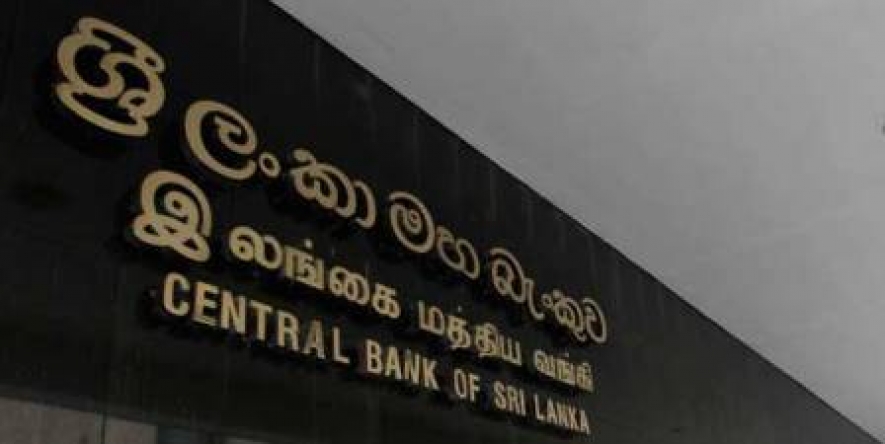The ESC collection increased to Rs. 31.2 billion from Rs. 11.1 billion year-on-year (YoY). The government amended the ESC Act during the latter part of May 2017, which could be identified as the key reason for the tax boost.
“Imposition of ESC at the point of importation of vehicles, gold and other precious metals also positively contributed to this increment of revenue,” the Treasury said in its Fiscal Management report.
Making vehicles liable for ESC, and reducing the ESC threshold from Rs. 50 million in turnover per quarter to Rs. 12.5 million were included in the Budget 2017.
The government had only expected a Rs.500 million increase of revenue from ESC through vehicle imports for the entire year.
In addition, amendments to the ESC which were included in the 2016 budget, but which could not be implemented last year, were also included in the May amendments.
These delayed amendments included the increasing of ESC rate from 0.25 percent to 0.5 percent, removing exemptions, and removing a maximum tax liability of Rs.120 million. The government had expected a Rs.7 billion increase in tax collection from ESC through these amendments in 2016.
Despite the amendments not coming into effect in 2016, the ESC had proved to be a cash cow for the government according to the 2016 Fiscal Management Report. Income from the ESC had increased 151 percent YoY to Rs. 11.2 billion during the January-September 2016 period observed in the report.
However, this increase in 2016 had not affected corporate and non-corporate income taxes, which had increased 39.9 percent during the period.
In 2017, from January to August, the increased ESC collection had a knock on effect on other corporate and non-corporate tax collection.
“The corporate and non-corporate income tax revenue contracted by 1.3 percent to Rs. 81.2 billion during the first eight months of 2017 compared to Rs. 82.3 billion in the same period of 2016, reflecting an impact of increases of ESC during the reference period,” the Treasury said.
Overall, Rs.171 billion in direct income taxes was collected during the eight-month period. After corporate and non-corporate income taxes, taxes on interest income contributed the highest, with Rs.36.2 billion, which was a decline of 18.6 percent.
“The revenue from tax on interest income declined as a result of a decline in the market interest rates and the relatively lower issuance of Treasury bills and Treasury bonds during this period,” the Treasury said.
Pay as you earn taxes increased by 18.6 percent as well, reaching Rs. 22.4 billion due to higher employment and per capita income.
Over the eight-month period, income taxes contributed just 15.6 percent to the tax base of Sri Lanka, with the rest coming through indirect taxes.
The government had targeted Rs. 308 billion in income taxes for 2017, which is 17.6 percent of total tax revenue. For 2018 the income tax component is expected to increase to 18.4 percent, while the government’s medium-term goal is to increase income tax as a percentage of total taxes to 40 percent.




















